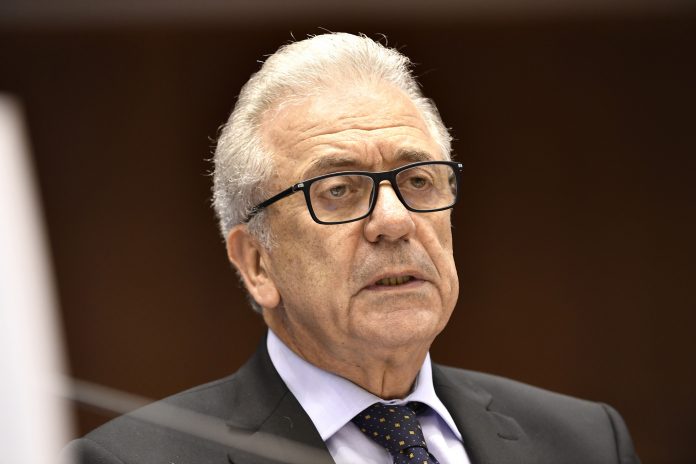Amid warnings of money laundering risks, Brussels will provide guidance to European Union member states on how to manage national schemes to “trade” citizenship or residence rights to wealthy foreigners who make large investments.
There are currently 13 EU member states that apply such a scheme: Austria, Cyprus, Luxembourg, Malta, Greece, Latvia, Portugal, Spain, Ireland, Britain, Bulgaria, the Netherlands and France.
“If you have a lot of money that you acquired through dubious means, securing a new place to call home far away from the place you stole from isn’t just appealing, it’s sensible,” Naomi Hirst of rights group Global Witness was quoted as saying by the Reuters news agency.
According to a joint report by Global Witness and Transparency International, the EU should set standards for managing the schemes. The groups also call for an extension to anti-money laundering rules, applied so far to banks or gaming firms, to all those involved in the visa-for-sale industry.
In response, the European Commission will publish a report on schemes in EU countries by the end of the year. Commissioner Dimitris Avramopoulos announced the decision on October 10, noting that the report would offer guidance to member states on managing the programs, “including on necessary background checks for applicants”.
In a separate report, Deutsche Welle (DW), Germany’s international broadcaster, noted that the report stated that EU nations generated around €25bn in foreign direct investment in a decade from selling at least 6,000 passports and nearly 100,000 residency permits.
“Poorly managed schemes allow corrupt individuals to work and travel unhindered throughout the EU and undermine our collective security,” Transparency International’s Laure Brillaud said in a statement.

